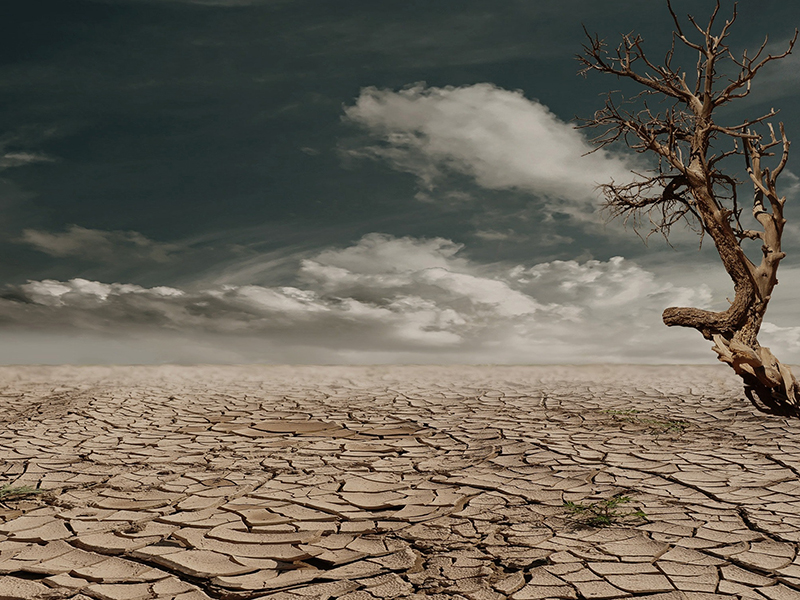Schon jetzt beeinflusst der Klimawandel jede bewohnte Region der Erde, und diese Änderungen werden mit weiterer Erwärmung zunehmen. Das geht aus dem ersten Band des sechsten Sachstandsberichts hervor, der heute vom Intergovernmental Panel on Climate Change (IPCC) der Öffentlichkeit vorgestellt wurde. „Der menschliche Einfluss auf das Klima ist unbestreitbar und macht Extremereignisse wie Hitzewellen, Starkregen und Dürren häufiger und heftiger. Das geht aus dem Bericht ganz klar hervor,“ erklärt Douglas Maraun vom Wegener Center der Universität Graz, der als Leitautor am Report mitgearbeitet hat.
Maraun unterstreicht, dass es in den vergangenen Jahrzehnten in Europa eine Zunahme oder Intensivierung von Hitzewellen, Trockenperioden und, insbesondere auch im Alpenraum, von Starkniederschlägen gab. „Viele der jüngsten Extremereignisse entsprechen also dem, was wir erwarten”, so Maraun. Um den Klimawandel und seine Folgen zu begrenzen, ist eine starke, schnelle und nachhaltige Reduktion von Treibhausgasemissionen notwendig. Insbesondere das Ziel, die Erwärmung unter 1,5 Grad Celsius zu halten – auch bekannt als Pariser Klimaziel –, kann ohne eine baldige, schnelle und umfassende Verminderung der Emissionen nicht erreicht werden.
Das Wegener Center im Weltklimabericht
Der sogenannte „Sachstandsbericht“ wird alle sieben Jahre vom IPCC veröffentlicht. Ein Kernteam aus 234 WissenschafterInnen aus 60 Ländern hat drei Jahre lang ehrenamtlich daran gearbeitet. Als einer von zwei Forschern aus Österreich im Kernteam hat Douglas Maraun als Leitautor am Kapitel zu Regionalem Klimawandel gearbeitet, vor allem zur Frage, wie gut aktuelle Klimamodelle eigentlich für regionale Klimaprognosen geeignet sind. Weiters haben vom Wegener Center auch Martin Jury und Florian Ladstädter als beitragende Autoren am Bericht mitgewirkt ebenfalls zu diesem Kapitel beigetragen, Florian Ladstädter zum Kapitel über beobachtete Klimaänderungen. Der aktuelle Bericht fasst die naturwissenschaftlichen Grundlagen des Klimawandels zusammen, im nächsten Jahr erscheinen die Bände zu den Folgen und zur Vermeidung.
